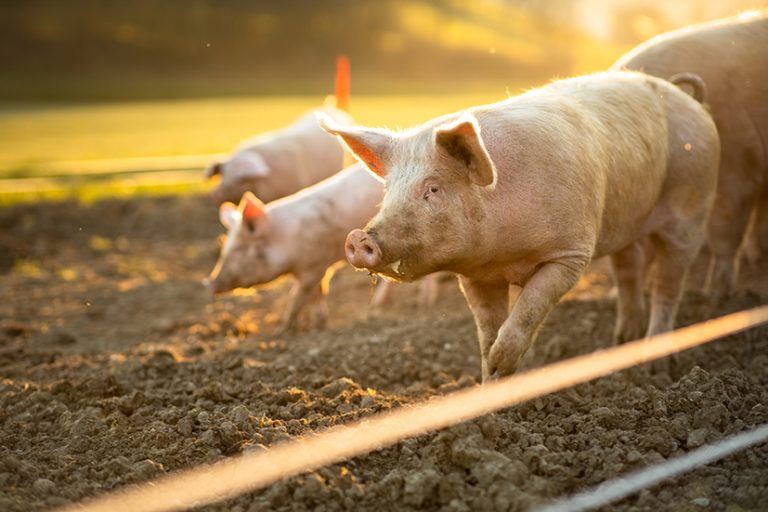Seacroft Pharmacy, a community pharmacy on Leeds’ A64/York Road, has been acquired by an expanding West Yorkshire operator. The pharmacy, operating standard hours in a two-storey retail unit, dispenses approximately 5,761 items per month and is located near a large medical practice.
The business was owned by Pharm-Assist (Healthcare) Ltd since 2008. Following a strategic review of its portfolio, the company appointed Christie & Co to manage a confidential sale process. The transaction attracted multiple competitive offers.
The pharmacy has been purchased by Jeet Vadodaria, marking his third acquisition in the region. The deal was facilitated with funding arranged through Christie Finance. Vadodaria’s acquisition is structured as a joint venture with first-time buyer Mohammad Khabib Ali.
The purchase forms part of a broader expansion strategy, with the Leeds site intended to operate as a local branch linked to a new West Yorkshire hub. Operational plans include utilising the hub to manage some dispensing tasks, allowing in-pharmacy staff to focus on patient engagement and service delivery.












